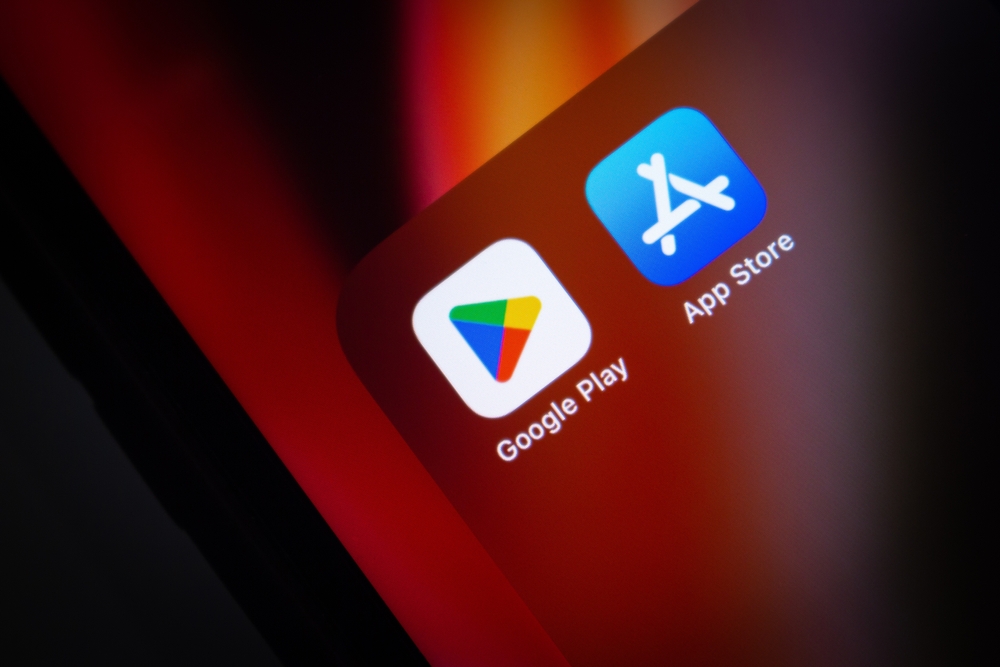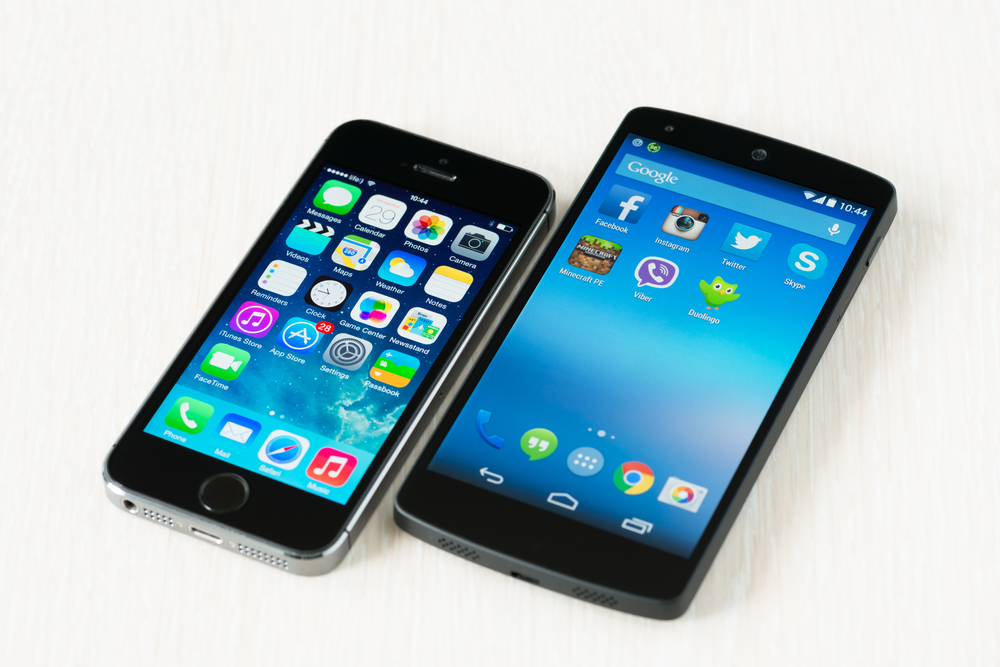
Mastering Mobile App Marketing: Insider Tips and Tricks for Effective Promotion

With the ever-growing popularity of smartphones and the increasing reliance on mobile apps for various tasks, it is no surprise that the mobile app market is booming. However, with countless apps vying for users' attention, it has become crucial for developers to master the art of mobile app marketing to ensure their app's success. In this article, we will explore some insider tips and tricks to help you effectively promote your mobile Android or iOS app and stand out from the crowd.
1. Understand Your Target AudienceBefore diving into marketing tactics, it is essential to have a clear understanding of your target audience. Who are your app's potential users? What problems does your app solve for them? By segmenting your audience based on demographics, behavior, and preferences, you can craft personalized marketing messages that resonate with your ideal users. This will increase the chances of attracting the right audience and maximizing app downloads.
2. Optimize Your App Store Presence
When it comes to mobile App Store or Google Play app marketing, one cannot overlook the importance of app store optimization (ASO). ASO involves optimizing your app's metadata, including the title, description, screenshots, and keywords, to improve its visibility in the app store search results. Conduct thorough keyword research to identify relevant keywords that your target audience is likely to search for. Incorporate these keywords organically throughout your app's metadata to increase its discoverability.
3. Leverage Social Media Platforms
Social media has become a powerful marketing tool for businesses of all sizes, including mobile Google Play or App Store app developers. Create dedicated social media accounts for your app on platforms like Facebook, Instagram, Twitter, and LinkedIn. Regularly share engaging content related to your app, such as tutorials, tips, updates, and user testimonials. Encourage your existing users to share their experiences and promote your app within their social networks. Additionally, consider running targeted social media ads to reach a wider audience and drive more downloads.
4. Collaborate with Influencers and Bloggers
In the age of influencer marketing, partnering with popular influencers and bloggers in your app's niche can give your app a significant boost. Identify influencers who have an engaged audience that aligns with your target demographic. Reach out to them and offer them incentives, such as free access to premium features, in exchange for promoting your app to their followers. Influencers' recommendations often carry a lot of weight, and their endorsement can result in a substantial increase in app downloads.
5. Implement In-App Referral Programs
Harness the power of satisfied users by implementing in-app referral programs. Offer incentives to your existing users for referring your app to their friends and family. This could be in the form of exclusive discounts, additional features, or even virtual currency within the app. Incentivizing referrals not only motivates your current users to spread the word about your app but also helps you acquire new users at a lower cost compared to traditional marketing channels.
6. Engage with Your User Community
Building a strong user community around your app can have a positive impact on its promotion. Encourage users to provide feedback, suggestions, and reviews. Promptly respond to their queries or complaints to show that you value their input. Actively engaging with your user community builds trust and loyalty, resulting in positive word-of-mouth promotion. Additionally, you can leverage user-generated content, such as reviews, testimonials, and app-related content created by users, to showcase the value and benefits of your app.
7. Analyze and Optimize Performance
To master mobile iOS or Android app marketing, it is crucial to track and analyze your app's performance continually. Monitor key metrics, such as downloads, retention rates, and in-app purchases, to gain insights into user behavior and preferences. Utilize tools like Google Analytics, Firebase, and Appsflyer to measure the effectiveness of your marketing campaigns and identify areas for improvement. By regularly optimizing your app's marketing strategy based on data-driven insights, you can continuously enhance its performance and maximize its potential.
Frequently Asked Questions
Q1. How long does it take to see results from mobile app marketing efforts?A1. The time it takes to see results from your mobile app marketing efforts can vary depending on numerous factors, including your app's niche, competition, marketing strategy, and target audience. Typically, it takes a few weeks to a few months to start seeing noticeable results. However, continuous effort, analysis, and optimization are necessary for sustained success.
Q2. Is paid advertising necessary for app promotion?
A2. While paid advertising can be an effective way to promote your mobile app, it is not always necessary. Organic methods, such as app store optimization, social media marketing, influencer collaborations, and referral programs, can yield excellent results without significant financial investment. Paid advertising can supplement these efforts and provide an additional boost to reach a wider audience.
Q3. Can I market my mobile app without a website?
A3. While having a website can be beneficial for providing additional information about your app and improving its credibility, it is not a strict requirement for mobile app marketing. Many successful app developers focus on app store optimization, social media presence, and other channels to effectively promote their apps without a dedicated website.
Q4. How can I retain users after they download my app?
A4. User retention is a crucial aspect of mobile app success. To retain users, focus on providing a seamless user experience, regularly update your app with new features and bug fixes, and actively engage with your user community. Offer incentives for continued app usage, such as loyalty programs or exclusive content, and listen to user feedback to improve and enhance your app's functionality.
Q5. When should I start marketing my mobile app?
A5. Start marketing your mobile app as early as possible to build awareness and anticipation before its official launch. Ideally, you should begin marketing efforts during the development phase, creating a website or landing page to capture user interest and collect pre-launch sign-ups. The early marketing efforts will help create initial traction and momentum for your app once it becomes available.
Mastering mobile app marketing requires a thoughtful and comprehensive approach. By understanding your target audience, optimizing your app store presence, leveraging social media, collaborating with influencers, implementing referral programs, engaging with your user community, and continuously analyzing and optimizing performance, you can effectively promote your mobile app and increase its chances of success in a competitive market. Remember, mobile app marketing is an ongoing process, and staying updated with the latest trends and strategies is essential to stand out from the crowd and drive app downloads.
Other useful resources
- https://en.wikipedia.org/wiki/App_store_optimization
- https://www.appguru24.com/topics/ios-and-android-mobile-app-promotion-tips/
- https://en.wikipedia.org/wiki/Mobile_app